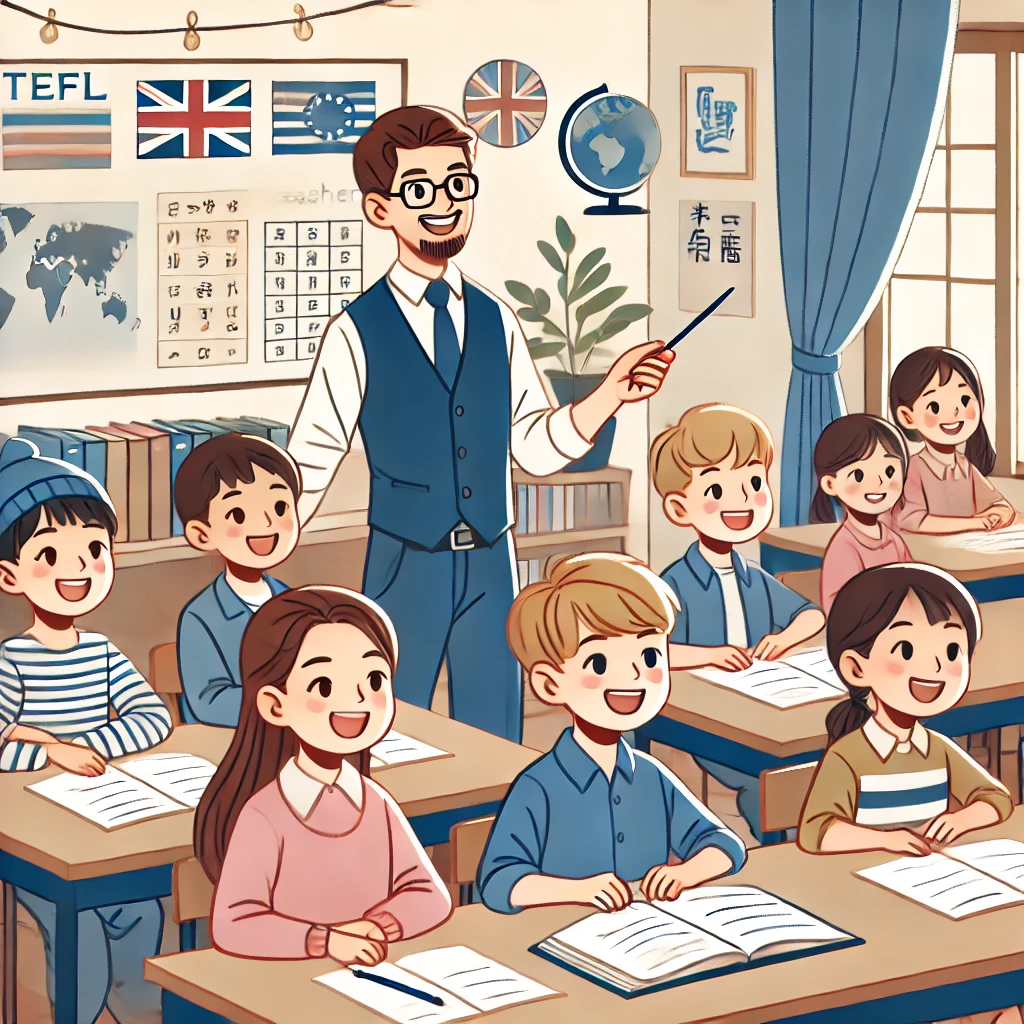Table of contents
1. Overview of ESL Teaching in Russia
2. Qualifications and Requirements for ESL Teachers in Russia
3. Teaching Opportunities for ESL Teachers in Russia
4. Cultural Considerations for ESL Teachers in Russia
Russia presents a unique and exciting opportunity for ESL teachers looking to broaden their horizons and immerse themselves in a rich cultural experience. Teaching English as a Second Language (ESL) in Russia can be a rewarding and fulfilling experience, offering teachers the chance to make a meaningful impact on students' lives while exploring a diverse and dynamic country.
Qualifications and Requirements for ESL Teachers in Russia:
To teach ESL in Russia, most schools and language centers require teachers to have a Bachelor's degree in any field, as well as a TEFL (Teaching English as a Foreign Language) or TESOL (Teaching English to Speakers of Other Languages) certification. While not always mandatory, having a certification can significantly enhance job prospects and earning potential.
Additionally, some institutions may require previous teaching experience, particularly for more advanced positions or in prestigious schools. Knowledge of the Russian language is not typically required, as most ESL classes are conducted in English, but it can be beneficial for navigating daily life in Russia.
Teaching Opportunities for ESL Teachers in Russia:
ESL teachers in Russia have a variety of options when it comes to employment opportunities. Language schools, private tutoring, public schools, and universities are all potential settings for teaching English. Language schools are a popular choice for many ESL teachers, offering a structured environment and a steady stream of students. Private tutoring can also be lucrative, especially for teachers with specialized skills or in-demand expertise.
Public schools and universities may have more stringent requirements for teachers, such as a Master's degree or specific teaching certifications. However, these institutions often offer stable employment with benefits and opportunities for professional development.
Cultural Considerations for ESL Teachers in Russia:
When teaching ESL in Russia, it's essential to be aware of and respectful towards the local culture and customs. Russia has a rich history and traditions that shape the way people interact and communicate. Building strong relationships with students and colleagues is highly valued in Russian culture, so taking the time to get to know your students personally can enhance the teaching experience.
Additionally, understanding the social dynamics and hierarchy within the classroom is crucial for effective teaching. Respect for authority and age are fundamental principles in Russian society, so maintaining a professional demeanor and showing deference to senior colleagues is essential.
What should I know about TEFL interviews and contracts? How much money can you make teaching English in Eastern Europe? How to find TEFL jobs? Where can I teach English abroad? How much money can you make teaching English abroad? What are TEFL jobs? Are visas necessary when teaching English abroad? TEFLonline.net FAQs




